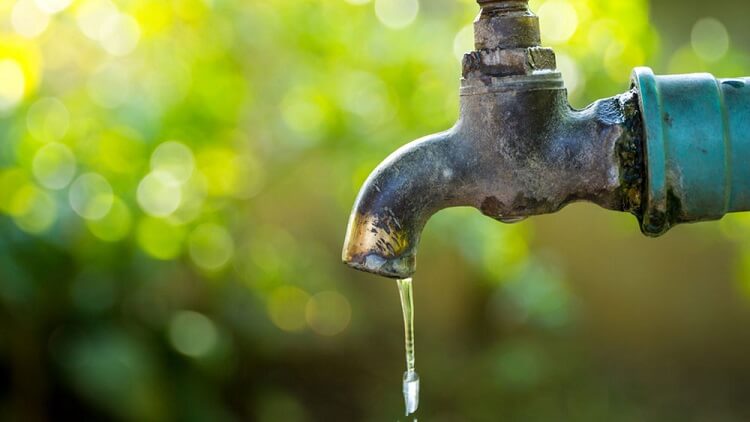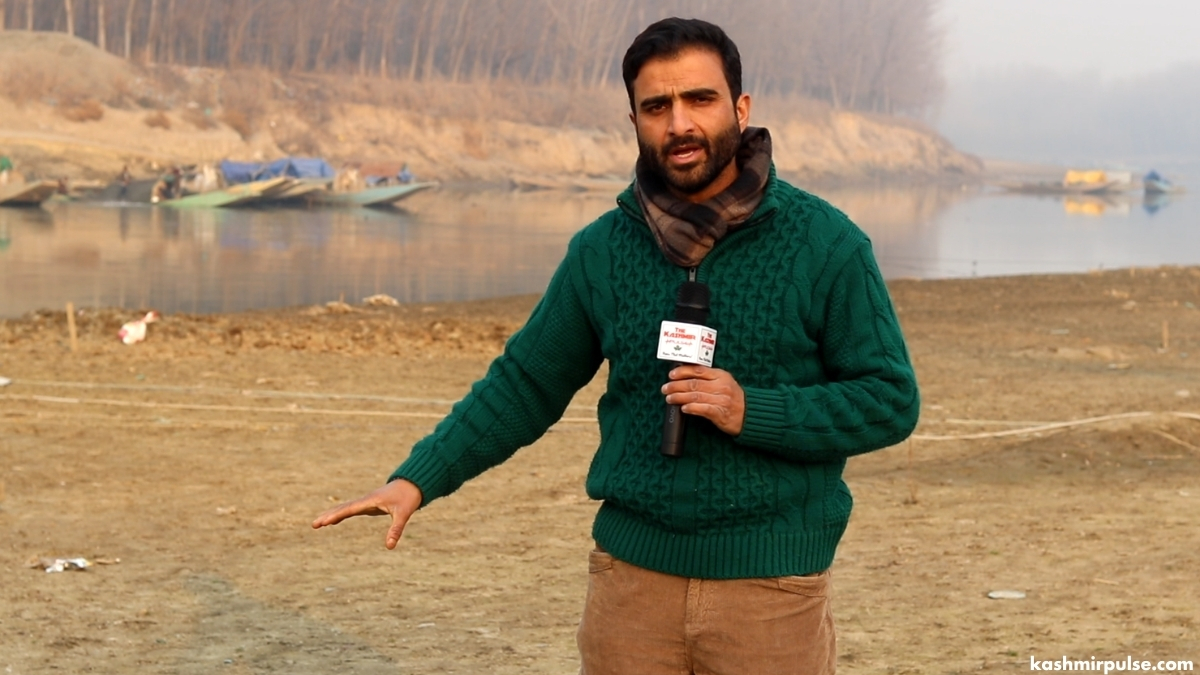Jal Shakti Department warns of action against illegal water connections

SRINAGAR — The Jal Shakti Department on Tuesday issued a stern warning to people with illegal water connections, asking them to regularize their connections within a stipulated period of 10 days or face action.
Chief Engineer, Jal Shakti Kashmir, Vivek Kohli, while talking to the news agency KNO, said that the challenge for the department amid the ongoing intense heatwave is to provide drinking water to every household.
He assured that the department is ready to face any forthcoming challenges that may emerge due to the surging temperatures in the valley. He added that providing drinking water to far-off hamlets is a priority for the department, and fleet tankers have been pressed into service for this purpose.
The Chief Engineer stated that the department is scheduling water supplies properly to ensure that no household faces any scarcity of drinking water. "People need to understand that it is drinking water being supplied for drinking purposes. They should not irrigate lawns or wash vehicles with this water. This causes huge wastage and leads to scarcity. We are urging people to use the water judiciously," Kohli said.
Providing further details, Chief Engineer Jal Shakti Kashmir said that the department requires 76 MGD (million gallons per day) but faces a shortage of six MGDs, supplying only 70 million gallons per day.
"This is because people do not use water judiciously. They make ruthless use of water in kitchen gardens and lawns. This is wrong and must be avoided, particularly in these two to three months when the requirement surpasses the supplies. At the same time, I urge people with illegal water connections to get those connections regularized within 10 days or face action," said the Chief Engineer.
This post first appeared on The Kashmir Pulse





